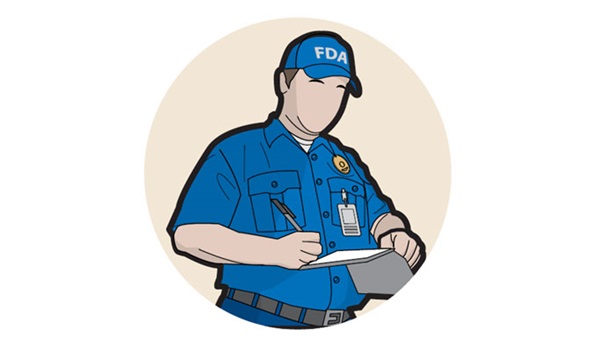FDA and Food Producers Brief Congress on Food Safety Overhaul
On May 21, 2015, Pew’s safe food project convened a widely attended, bipartisan U.S. Senate briefing addressing the ongoing transformation of the nation’s approach to food safety. The event highlighted the importance of fully funding and implementing the Food and Drug Administration’s Food Safety Modernization Act (FSMA), which is landmark legislation designed to modernize the oversight system that safeguards roughly 80 percent of America’s food supply. President Barack Obama signed FSMA into law in 2011, but the FDA still needs substantial funding to install critical pieces of the system.
Acting FDA Commissioner Stephen Ostroff delivered keynote remarks to the congressional staff members, food industry and trade association representatives, physicians, and food safety advocates in attendance. He described the FSMA reforms as both necessary and long overdue. The law plays a crucial role in shifting the FDA’s focus from reacting to outbreaks of foodborne illness to preventing them instead—a fundamental change that should bolster consumers’ confidence in the safety of their food.
Sandra Eskin, the safe food project director, introduced and moderated a panel of major stakeholders, including the FDA deputy commissioner for foods as well as representatives from the food manufacturing, retail, agriculture, and public health sectors. Audience members also heard from a foodborne-illness victim and advocate who spoke powerfully about the serious infection she contracted from contaminated spinach and her efforts to spare others from such preventable sicknesses.
The panel represented a diverse set of interests united by a commitment to successfully implementing FSMA. Panel members urged Congress to give the FDA the resources it needs in fiscal year 2016 to put in place the sophisticated new FSMA measures that will protect consumers for generations.















